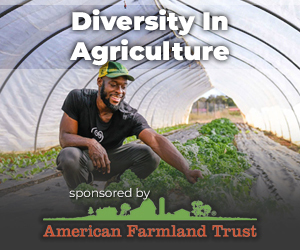U.S. Sen. Josh Hawley (R-Mo.) is calling on Department of Labor Secretary Lori Chavez-DeRemer to launch a formal investigation into Tyson Foods after a whistleblower came forward with allegations of illegal child labor at one of the company’s processing plants.
Hawley’s letter, sent Tuesday, follows the secretary’s prior commitment during her confirmation hearing to aggressively target companies exploiting children.
“As Chairman of the Senate Judiciary Committee’s Subcommittee on Crime, I have been contacted by a whistleblower who alleges that Tyson Foods used child workers at one of its processing plants — in likely violation of federal child labor law,” Hawley wrote. “I have opened an investigation in my Subcommittee. Given your role in enforcing federal labor law, I urge you to fully investigate these troubling allegations immediately.”
The whistleblower, a former Tyson plant safety official, claims they personally observed underage workers and received multiple reports from other employees about children working in the facility. According to the allegations, the minors were hired by a third-party contractor used by Tyson. The whistleblower also alleges retaliation and a hostile work environment after raising concerns internally, eventually prompting their resignation. Tyson is now reportedly pursuing legal action against the former employee.
Hawley cited recent New York Times investigations documenting child labor abuses in the poultry processing industry, including Tyson’s alleged use of subcontractors to avoid direct liability.
He reminded Chavez-DeRemer of her earlier statement: “Child labor should not be accepted by anybody in America. The Department of Labor has the enforcement capability to double down if [companies] are knowingly breaking the law and exploiting children in their factories.”
“I agree,” Hawley wrote. “We cannot allow children to continue to be exploited in the name of corporate profits. I therefore urge you to investigate all allegations regarding Tyson’s illicit child labor practices, including these new whistleblower allegations.”
Tyson Foods — which operates chicken, beef, and pork processing plants nationwide — stated it strictly prohibits anyone younger than 18 from working in its facilities. The company also said it does not permit or condone the use of child labor by third-party contractors.
Concerns about child labor have escalated nationally. In 2023, the Biden administration rolled out new enforcement efforts in response to a surge in violations uncovered by investigative reporting. That same year, the Department of Labor revealed that more than 100 children had been illegally employed by Packers Sanitation Services Inc., a contractor hired to clean slaughterhouses. Some of those minors had reportedly worked in Tyson facilities.









